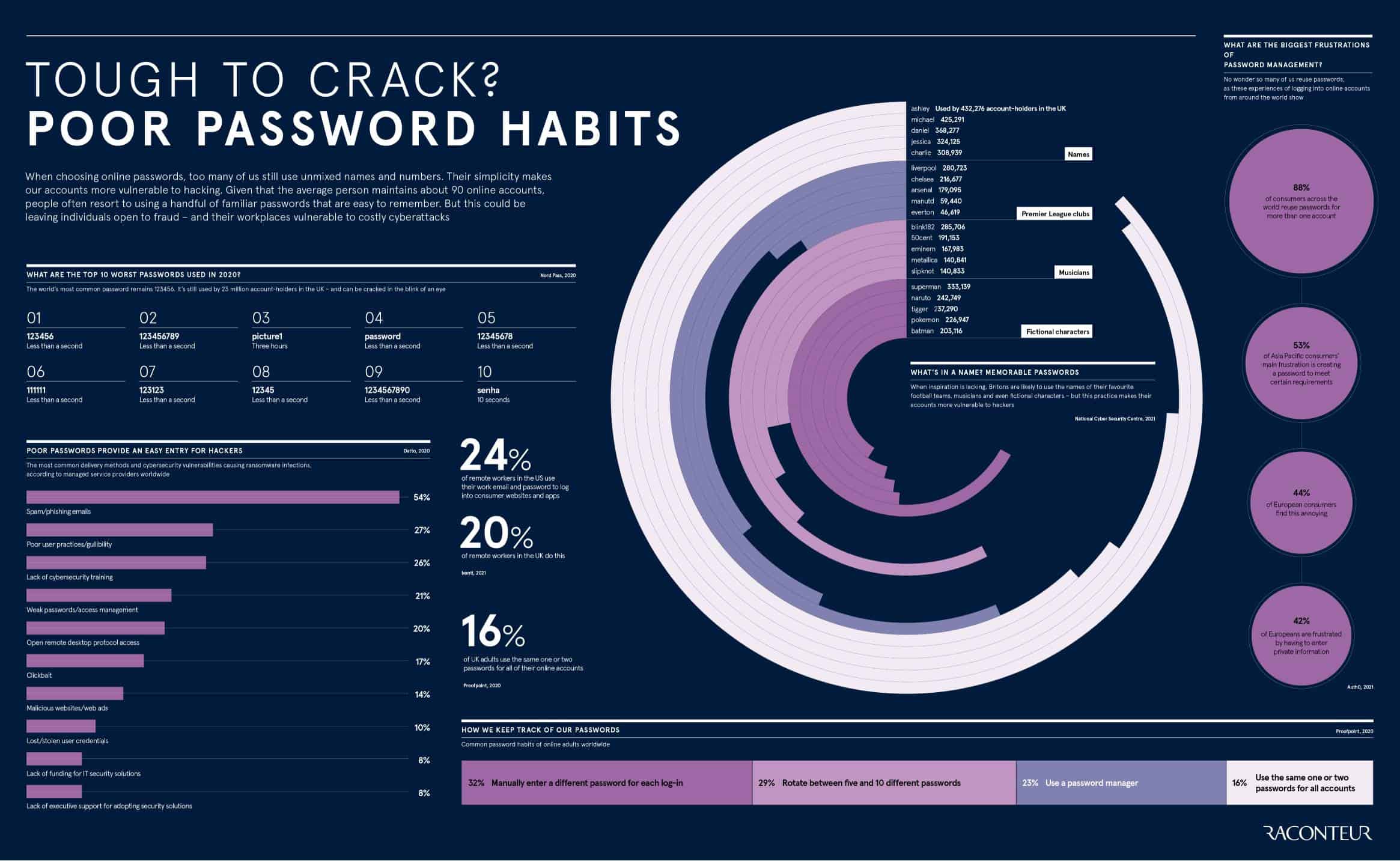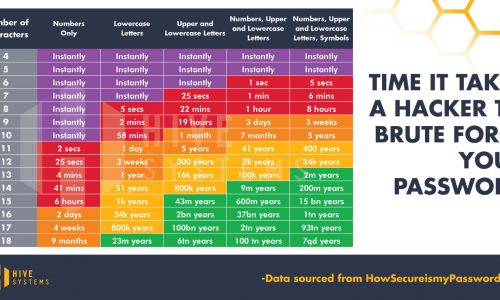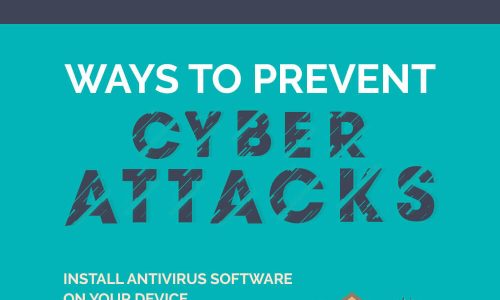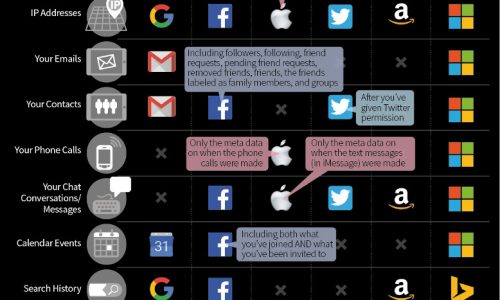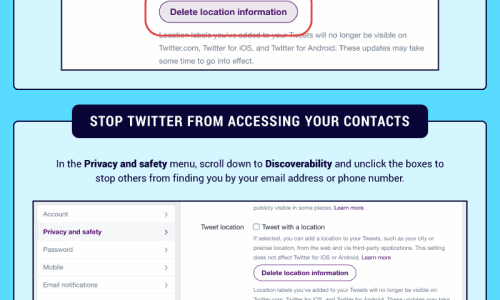
Data breaches have become such an epidemic that I have nearly lost interest. I presume that a hacker somewhere in the world is in possession of my personal data and yours. When hackers are smarter than multi-billion dollar companies and their high-paid cyber security forces, it’s crucial to be proactive in protecting your identity and your bank account.
In 2016, hackers stole 4.2 billion data records in 4,149 confirmed security breaches around the world. In 2017, data breaches have exposed an average of 10.4 million records every day.
The most recent newsmaker was the Equifax hack, which compromised 143 million people’s information. The media made a stink about the fact that Equifax’s chief security officer did not have an education in a technology-related field. Instead, she came equipped with a music degree and an MFA. Within a week of the news, she “retired” along with the CIO of the company.
The Equifax data breach numbers are relatively small compared to the amount of information that two Yahoo hacks exposed in separate breaches that compromised 1.5 billion total accounts. They are the two largest known security breaches on record. State-sponsored hackers are the likely culprits, according to expert authorities.
What do hackers do with your data? Inventory your information and then use the dark web to sell your name, email and home address, phone number, social security number, driver’s license information, credit card numbers, and other tidbits about your personal life, in a packaged form. Sometimes, the hackers use the exposed information to launch a cyberwar between states. The 2016 U.S. Presidential Election is a prime example of the way hackers can wreak havoc on an entire nation.
As you can see from today’s infographic, malicious outsiders, and some insiders, hack into the world’s largest companies on a regular basis. More than likely, your information is hanging out on some stranger’s hard drive in another country. Protect yourself because it is apparent that big companies are not doing enough to make sure your information is secure, and the current cyber security aren’t enough to stop hackers.

